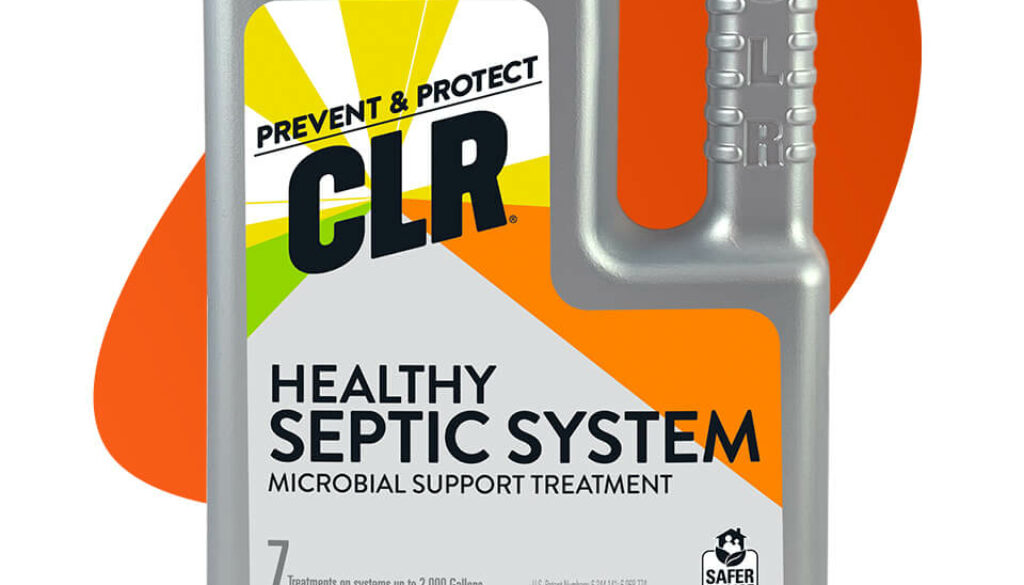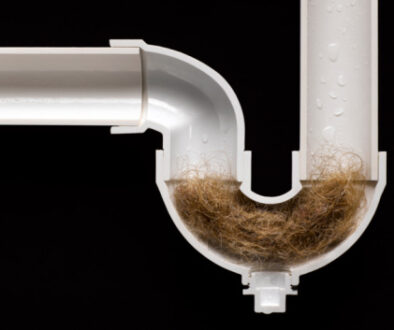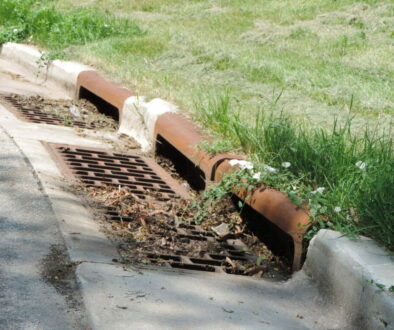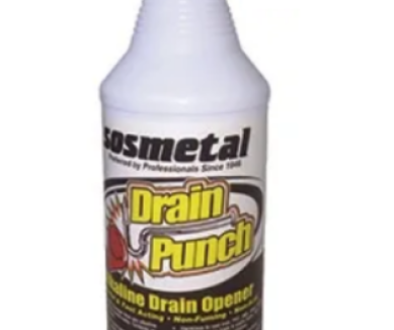Is Drain Cleaner Safe For Septic Tanks
Picture this: you’re standing in front of a pesky clogged drain, desperately wondering if that bottle of drain cleaner you have stored under the sink is safe to use with your septic tank. Well, worry no more! In this article, we’ll uncover the answer to the burning question, “Is drain cleaner safe for septic tanks?”
When it comes to taking care of our homes, we want to make sure every decision we make won’t harm our beloved septic systems. After all, nobody wants to deal with a costly and inconvenient plumbing disaster. That’s why it’s crucial to know whether using drain cleaner could potentially harm our septic tanks.
But fret not, my curious friend! You’ve come to the right place. In the next few paragraphs, we’ll delve into the world of drain cleaners and septic tanks, exploring their compatibility and ensuring you make informed decisions to keep your plumbing in tip-top shape. Let’s get started, shall we?
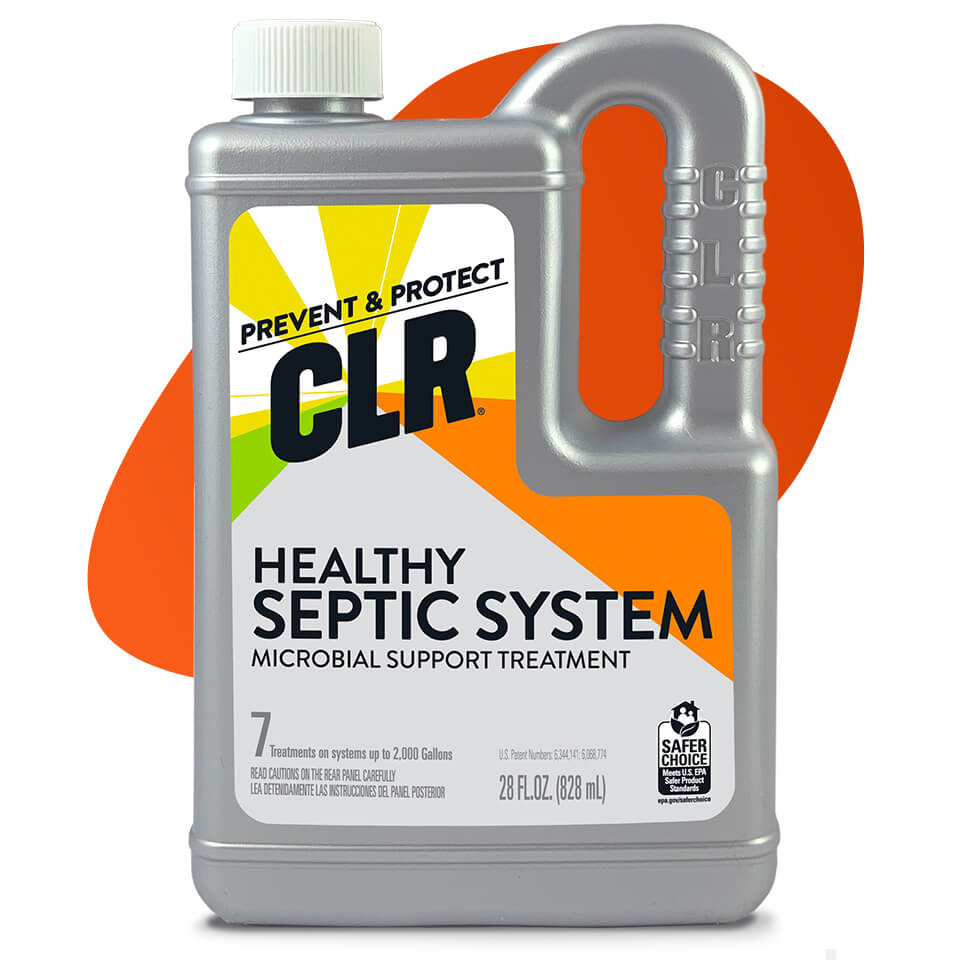
Is Drain Cleaner Safe for Septic Tanks: The Ultimate Guide
When it comes to cleaning drains, many homeowners wonder if using drain cleaner is safe for their septic tanks. Septic systems are delicate and require special care to maintain their functionality. In this comprehensive guide, we will explore everything you need to know about drain cleaners and how they impact septic tanks. From understanding the ingredients in drain cleaners to debunking common myths, we will provide you with the information you need to make an informed decision about keeping your septic system healthy.
The Function of Septic Tanks
Before delving into the safety of drain cleaners, it’s important to understand the purpose of septic tanks. Septic systems are an alternative to centralized sewage treatment plants and are commonly used in rural areas without access to public sewer systems. These tanks are responsible for collecting and treating household wastewater from toilets, showers, sinks, and other drains in the home. The septic tank separates solid waste from the liquid effluent, allowing the effluent to flow into the drain field for further treatment through percolation and natural biological processes. Proper maintenance and regular pumping are essential to prevent system failure and avoid costly repairs.
Septic tanks rely on a delicate balance of bacteria and microbes to break down organic matter and treat wastewater effectively. The introduction of harsh chemicals, such as those found in some drain cleaners, can disrupt this balance and harm the septic system. It’s important to choose drain cleaners specifically labeled as safe for septic systems and to use them sparingly to minimize any potential damage.
The Types of Drain Cleaners
There are three main types of drain cleaners available on the market: chemical drain cleaners, enzymatic drain cleaners, and mechanical drain cleaners. Chemical drain cleaners are the most commonly used and often contain powerful ingredients such as sulfuric acid or sodium hydroxide. These chemicals work by breaking down clogs and clearing drains, but they can also be corrosive and harmful to septic systems if used improperly.
Enzymatic drain cleaners, on the other hand, use natural enzymes and bacteria to eat away at clogs and break down organic matter. These cleaners are generally considered to be safer for septic systems as they do not contain harsh chemicals. Mechanical drain cleaners, such as drain snakes or augers, physically remove clogs from the plumbing system. While these cleaners don’t pose a risk to septic tanks, they may not be effective for severe clogs or deep blockages.
The Impact of Chemical Drain Cleaners on Septic Tanks
Chemical drain cleaners can have a negative impact on septic tanks if used excessively or improperly. The strong chemicals in these cleaners can kill the beneficial bacteria and disrupt the natural balance in the septic system. Over time, this can lead to a decrease in the system’s efficiency and may even cause system failure.
If you do choose to use a chemical drain cleaner, it’s important to follow the instructions carefully and use the product sparingly. Avoid using chemical drain cleaners as a preventative measure and instead opt for regular maintenance and cleaning of your septic system. Additionally, consider using enzymatic drain cleaners as an alternative, as they are generally safer for septic systems and can help maintain a healthy balance of bacteria in the tank.
Tips for Safe Drain Cleaning with a Septic Tank
While it’s best to avoid using chemical drain cleaners altogether, there are some steps you can take to safely clean your drains without harming your septic system:
- Regularly maintain your septic system by scheduling regular inspections and pumping as recommended by professionals.
- Avoid pouring grease, oil, or fats down the drain, as they can clog the system and disrupt the natural balance of bacteria.
- Use enzymatic drain cleaners as an alternative to chemical drain cleaners. These cleaners are safe for septic systems and can help maintain a healthy bacterial balance.
- Consider using a drain snake or auger to physically remove clogs instead of relying on chemical solutions.
- Install drain screens or filters in your sinks, showers, and tubs to catch debris and prevent it from entering the septic system.
Myths About Drain Cleaners and Septic Tanks
There are several myths surrounding drain cleaners and their impact on septic tanks. Let’s debunk some of the common misconceptions:
Myth 1: A little drain cleaner won’t harm the septic system.
Even a small amount of chemical drain cleaner can damage the delicate balance of bacteria in the septic tank. It’s best to avoid using chemical drain cleaners altogether or use them sparingly.
Myth 2: Enzymatic drain cleaners are ineffective.
Enzymatic drain cleaners can be just as effective as chemical drain cleaners at clearing clogs without harming your septic system. They work by using natural enzymes and bacteria to break down organic matter.
Myth 3: Mechanical drain cleaners are the best option for septic tanks.
While mechanical drain cleaners may not harm your septic system, they may not be effective for all types of clogs. They are best used for minor blockages and may not clear deep or severe clogs.
Myth 4: Septic tanks don’t require regular maintenance if you use drain cleaners.
Using drain cleaners does not negate the need for regular septic system maintenance. It’s still important to have your tank inspected and pumped on a regular basis to prevent system failure.
Choosing the Right Drain Cleaner for Your Septic Tank
Now that you have a better understanding of the impact of drain cleaners on septic tanks, it’s important to choose the right product for your needs. Look for drain cleaners specifically labeled as safe for septic systems and follow the instructions carefully. Consider using enzymatic drain cleaners as a safer alternative to chemical drain cleaners. Remember to use drain cleaners sparingly and focus on regular maintenance to keep your septic system running smoothly.
Key Takeaways: Is Drain Cleaner Safe for Septic Tanks?
- 1. Some drain cleaners can be harmful to septic tanks, as they contain harsh chemicals that can disrupt the delicate balance of bacteria and enzymes in the tank.
- 2. It’s important to choose drain cleaners that are specifically labeled as safe for septic tanks to avoid any potential damage.
- 3. Natural or enzyme-based drain cleaners are generally considered safer for septic tanks, as they rely on natural ingredients that are less likely to harm the tank’s ecosystem.
- 4. Regular maintenance and proper septic tank care can help prevent the need for drain cleaners altogether, reducing the risk of damage.
- 5. If you’re unsure about whether a drain cleaner is safe for your septic tank, it’s best to consult with a professional septic system expert to get personalized advice.
Frequently Asked Questions
When it comes to septic tanks and drain cleaner, there are a lot of questions that come to mind. Here are the answers to some of the most commonly asked questions:
1. Can I use drain cleaner if I have a septic tank?
Using drain cleaner in a septic tank system can be risky. Most drain cleaners contain chemicals that can harm the bacteria in the septic tank, which is responsible for breaking down waste. This can disrupt the digestion process and affect the overall functioning of your septic system. It’s best to avoid using drain cleaner altogether if you have a septic tank.
If you’re experiencing a clogged drain, there are alternative methods you can try. For example, using a plunger or a drain snake can often solve the issue without the need for harsh chemicals.
2. Are there any drain cleaners that are safe for septic tanks?
Yes, there are certain drain cleaners that are specifically designed to be safe for septic tanks. These products use enzymes or bacteria to break down clogs without harming the bacteria in the septic tank. They are typically labeled as “septic-safe” or “septic system-friendly.” It’s important to carefully read the labels and choose a product that is specifically formulated for septic systems.
When using a septic-safe drain cleaner, it’s still a good idea to follow the instructions carefully and use the product sparingly. Even though they are designed to be safe, using excessive amounts of any product can still potentially harm the balance of bacteria in your septic tank.
3. What are the alternatives to drain cleaner for septic tanks?
If you have a septic tank and want to avoid using drain cleaner, there are several alternative methods you can try. One option is to use a mixture of baking soda and vinegar. Simply pour a cup of baking soda down the drain, followed by a cup of vinegar. Let the mixture sit for about 30 minutes, then flush with hot water.
Another option is to use a bio-cleaner. These products contain bacteria and enzymes that help break down organic matter in the drainpipes. They are safe for septic systems and can be used regularly to maintain a clean and clog-free drainage system.
4. What are the signs of septic tank damage caused by drain cleaner?
If you’ve been using drain cleaner in your septic tank and suspect that it may have caused damage, there are several signs to watch out for. These include foul odors coming from the drains or the septic tank, slow draining sinks or toilets, gurgling sounds in the plumbing system, and sewage backups.
If you notice any of these signs, it’s important to have your septic system inspected by a professional. They can assess the extent of the damage and recommend the necessary repairs or treatments.
5. How can I maintain a healthy septic system without using drain cleaner?
There are several steps you can take to maintain a healthy septic system without relying on drain cleaner. First, be mindful of what you flush down the drains. Avoid disposing of grease, oil, coffee grounds, and other materials that can clog the pipes or disrupt the bacteria in the septic tank.
In addition, regular septic tank pumping and maintenance is essential. Have your septic tank inspected and pumped by a professional at least once every 3-5 years. This will help prevent clogs and ensure the proper functioning of your septic system.
Natural Drain Cleaner – Septic Safe
Summary
Using drain cleaner in septic tanks can harm the good bacteria needed for proper functioning.
It’s important to use septic-safe alternatives and avoid strong chemicals to maintain a healthy septic system.

